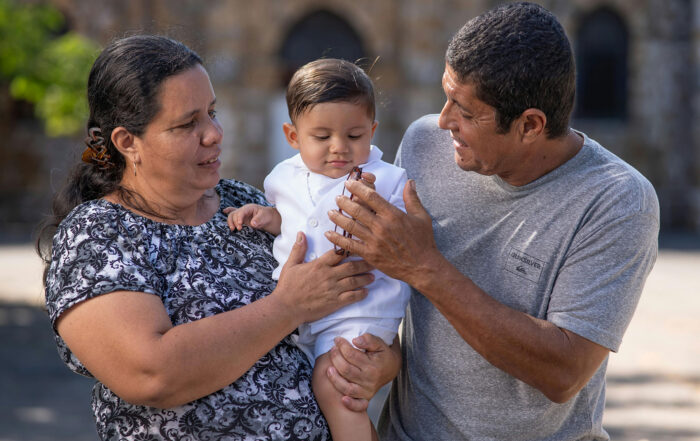
Written by Kaytee Gillis, LCSW
A recent study published in Biological Psychiatry: Cognitive Neuroscience and Neuroimaging finds that childhood trauma can lead to disruptions in two main regions of the brain, the default mode network (DMN) and the central executive network (CEN). As these areas are responsible for emotional regulation, memory processing, and stress response, this research points to the connection between childhood trauma and lifelong brain changes (Ireton, Hughes, & Klabunde, 2024). The researchers found that, when compared to those without a trauma history, children who had experienced trauma displayed increased activity in the default mode network during memory, social processing, or emotional tasks (Ireton, Hughes, & Klabunde, 2024).
Share This Post!
10 Things About Childhood Trauma Every Teacher Needs to Know
By Starr Commonwealth With grief, sadness is obvious. With trauma, the symptoms can go largely unrecognized because it shows up looking like other problems: frustration; acting out; difficulty concentrating, following directions, or [...]
Music Therapy Addresses Trauma – Careers That Change Lives
By Barbra Weidlein Trauma settings Music therapists have been called upon to support the recovery of individuals and communities following horrific events as well as natural disasters. Settings have included New [...]
Healing from Childhood Trauma
By: E.B. Johnson When you experience childhood trauma, your life and your soul are altered forever. Those who suffer loss, abuse or neglect early-on in life can often suffer from serious psychological and [...]
The Effects of Childhood Trauma
By Amy Morin, LCSW Although adults often say things like, “He was so young when that happened. He won’t even remember it as an adult,” childhood trauma can have a lifelong [...]
Oprah Reports on Childhood Trauma with Dr. Bruce Perry
By Amanda Merck Oprah Winfrey is raising awareness about childhood trauma and the need for trauma-informed care. Childhood trauma—like abuse, neglect, and poverty—changes a child’s brain, body and behavior. Behavior is often [...]
Healing Invisible Wounds: Art Therapy and PTSD
By Renée Fabian When I color during therapy, it creates a safe space for me to express painful feelings from my past. Coloring engages a different part of my brain that allows [...]







